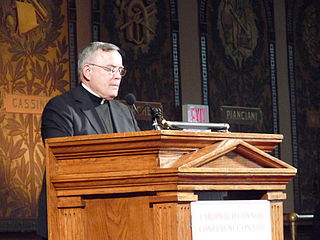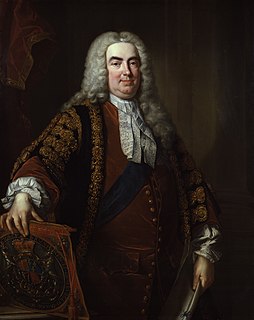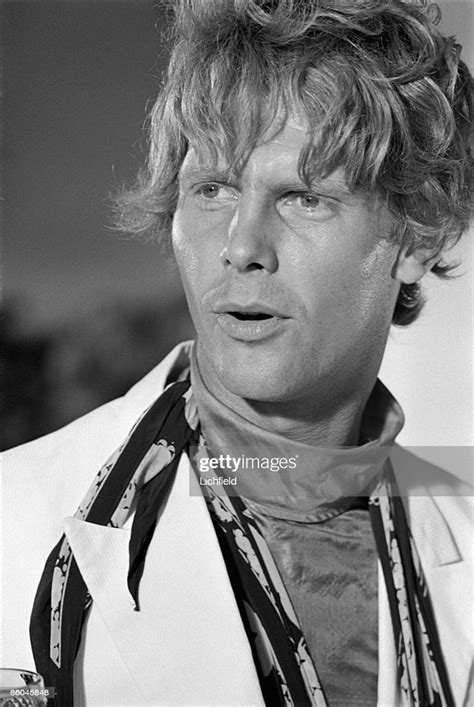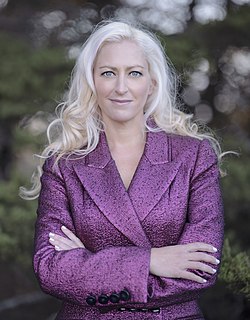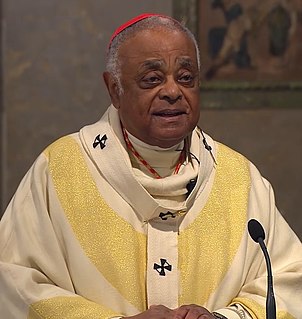A Quote by Sally Rooney
I'm interested in how we can put political principles into practice in our personal lives and the limits of theory when it comes to our desires and needs.
Related Quotes
For me, what is political is very personal. Politics are not this abstract idea. Laws are the rules that dictate how we live our lives. What we eat is political. How we dress is political. Where we live is political. All of these things are influenced by political decision-making, and it's important to be part of the process.
I put a lot of emphasis on how to treat people. The reason for this is simple. The real success of our personal lives and careers can best be measured by the relationships we have with the people most dear to us - our family, friends, and coworkers. If we fail in this aspect of our lives, no matter how vast our worldly possessions or how high on the corporate ladder we climb, we will have achieved very little.
I am very much into politics, but what interests me is sacred principles applied to that area. You know, many people are interested in alternative health who are never going to become doctors, or practitioners. That is how I am about politics. I am interested in the intersection of the Spiritual and the political - how spiritual principles apply to the social and political issues of our day. For me, the spiritual realm, is a more powerful place to speak from on those issues.
Ninety percent of what most yoga teachers do is teach asana practice. While asana discharges stress and so forth, it was never intended to be a standalone practice. The true intent of yoga is personal transformation. What we get out of the privilege of teaching prisoners is the opportunity to focus on our own personal development. You can be of service, and, while helping others transform their lives, you have the deeper opportunity to transform your own. What we teach in prison is how we live our lives.
It's a bit counter-intuitive to think about the future in terms of the past. But...I've learned an important trick: to develop foresight, you need to practice hindsight. Technologies, cultures, and climates may change, but our basic human needs and desires - to survive, to care for our families, and to lead happy, purposeful lives - remain the same.' p 5
I think it's hard sometimes for people to grapple with the real-life consequences of political change. I think that, we as a culture, feel like politics is one sector of our lives that can feel apart from our personal lives and the cultural things we're interested in and the sports we watch. It feels like this separate, different thing.
Our struggle to put first things first can be characterized by the contrast between two powerful tools that direct us: the clock and the compass. The clock represents our commitments, appointments, schedules, goals, activities - what we do with, and how we manage our time. The compass represents our vision, values, principles, mission, conscience, direction - what we feel is important and how we lead our lives. In an effort to close the gap between the clock and the compass in our lives, many of us turn to the field of "time management."
At times it may seem that our trials are focused on areas of our lives and parts of our souls with which we seem least able to cope. Since personal growth is an intended outcome of these challenges, it should come as no surprise that the trials can be very personal-almost laser guided to our particular needs or weaknesses.


